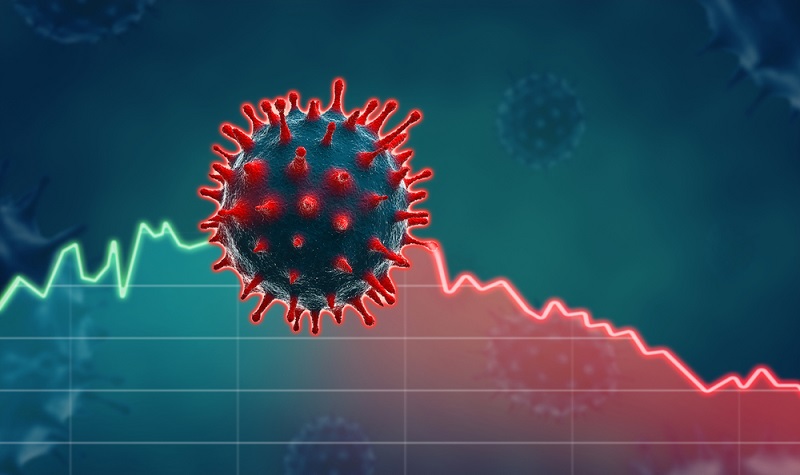"Substantial" impact of Covid-19
on cancer care is still there

What was the impact of Covid-19 pandemic on cancer care? It was (and is still) "substantial" according to the latest Iqvia report on "2021 Global trends in cancer". When asked about their perceptions of their patients' experiences during Covid-19, as of February 2021, almost 60% of US oncologists reported that their patients were experiencing financial hardships and logistical challenges with the new ways of working. Financial hardships were also reported in EU4+UK, at 45%. Last but not least, over half of oncologists across these seven countries reported that their patients had issues with cancellations or delays in getting their appointments, with 67% in the EU4+UK.
In spite of a surge of remote consultations, oncologists in the United States, Japan and Europe report their caseloads are still below pre-COVID-19 levels. In February 2021, all countries are reporting a reduced caseload of 25-51%. Since that period, there has been an overall improvement in patient caseload rates, with 61% caseload seen in Europe 4+UK and 74% in US versus pre-COVID-19 levels.
Among the most important impacts of Covid-19, the largest was observed in delayed surgeries according to Iqvia study: 77% of oncologists in the US and 76 % of oncologists in EU4+UK still reported delays in February 2021. Moreover, 65% of oncologists in EU4+UK reported fewer diagnoses, with consequences in terms of outcomes, as patients will present more advanced diseases. Last but not least, delayed chemotherapy was reported by 38 to 47 % of oncologists across the surveyed countries in February 2021 (versus 47 to 60 % end of 2020). "Consequences of these situations will play out over the next several years", Iqvia forecast.
Diagnostics used to screen and monitor cancer dropped "dramatically", reaching a deficit of 11 million through 2020, Iqvia said. Beginning of 2021, colonoscopies were 23% below baseline levels; mammograms were disrupted the most and continued to decline on a cumulative basis, still 20 % below pre-Covid-19 pandemic levels. CT scans for lung cancer or pap smears for cervical cancer were still -11 %and -14 % below 2019 levels.
In the United States only, according to the American Cancer Society, nearly 22 million screening tests for four common tumors (breast, cervical, colorectal, lung) were disrupted, risking delayed or missed diagnoses for almost 67,000 patients. Screening test were still 11-23 % below baseline levels in the beginning of 2021. "In breast cancer over 8 million mammograms have been delayed potentially resulting in 41,500 cancers which may not yet be diagnosed, potentially worsening those patients' prognosis as time passes", Iqvia explained.
During the period, changes in treatment protocol to introduce oral cancer medication were observed to varying levels across countries. On average, 46% of oncologists in EU4+UK reported this in February 2021. This percentage was highest in the UK (61%) where the NHS published guidelines on interim treatment options to reduce hospital visits and allow for greater flexibility in cancer management.
RELATED Covid-19 did not stop cancer treatment's development
